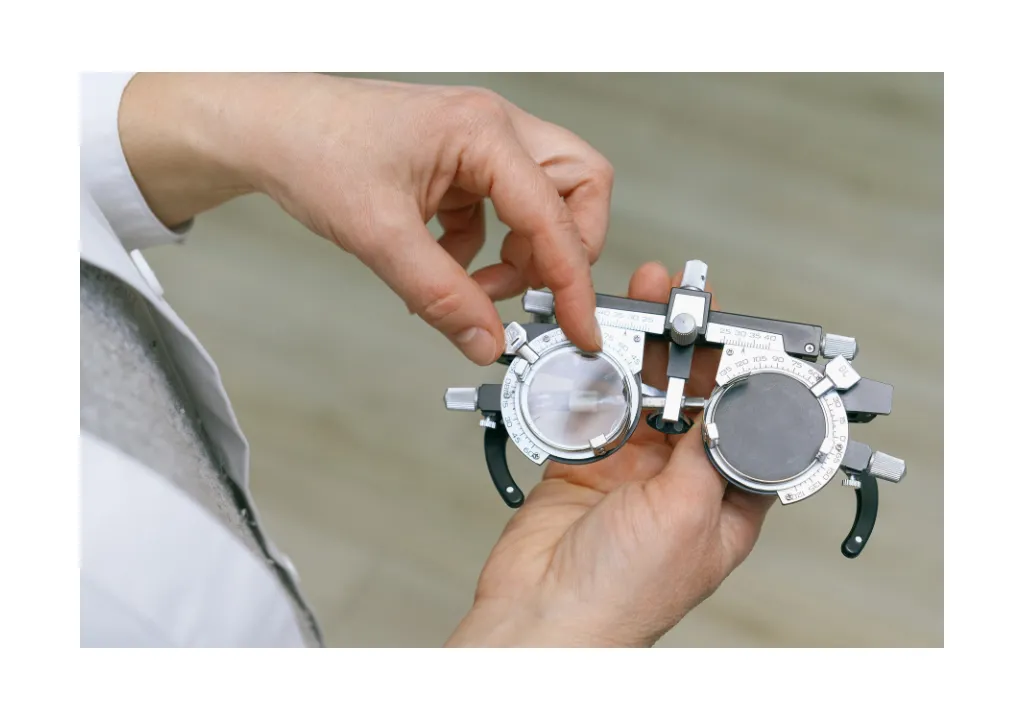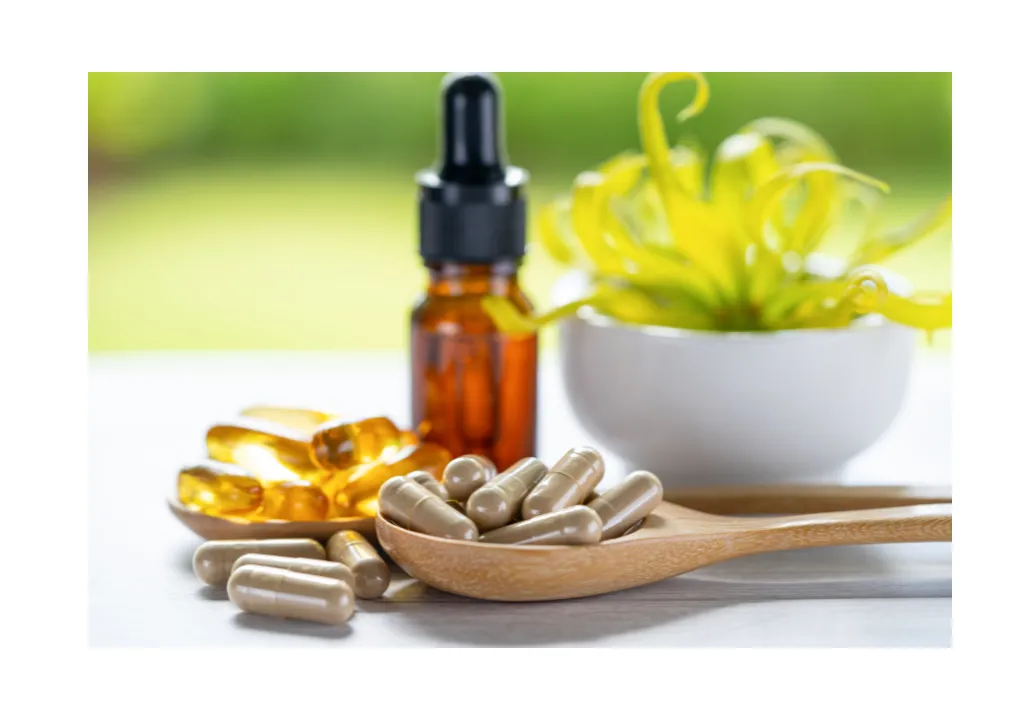Ever wondered why your eyes need extra TLC when you have diabetes? It’s not just about avoiding blurry vision; it’s about safeguarding your sight and overall well-being. Let’s dive into how you can protect your eye health with diabetes and ensure your vision remains clear and sharp!
The Diabetes-Eye Connection: Why It Matters

Diabetes can impact your eye health in unexpected ways. High blood sugar levels can damage the tiny blood vessels in your eyes, leading to conditions like diabetic retinopathy, macular edema, and even vision-threatening complications. When blood sugar levels are consistently high, the risk of these issues increases, making proactive eye care essential.
Quick Tip: If you notice sudden vision changes or symptoms like eye pain or redness, schedule an eye exam immediately. Early intervention can prevent serious damage.
Keep Those Eyes on Regular Eye Exams
Regular eye exams are crucial for detecting diabetic eye problems before they escalate. During these exams, eye doctors can identify early signs of diabetic retinopathy, glaucoma, or cataracts—conditions that may develop without noticeable symptoms until they cause significant vision problems.
Tip: Schedule a comprehensive eye exam at least once a year. If your doctor recommends more frequent visits, follow their advice to monitor your eye health closely.
Mastering Blood Sugar Control
Managing your blood sugar is vital for your eye health. Consistent blood sugar levels reduce the risk of developing diabetic eye complications and help maintain clear vision. Poorly controlled blood sugar can lead to rapid changes in vision and increase the risk of diabetic retinopathy.
Insider Secret: Regularly monitor your blood sugar levels and work with your healthcare provider to fine-tune your diabetes management plan. Small adjustments in diet, medication, or lifestyle can make a significant difference in your eye health.
Fuel Your Vision With a Healthy Diet

A diet rich in specific nutrients can help protect your eyes and support overall health. Incorporate the following eye-friendly foods into your meals:
- Leafy Greens: Spinach, kale, and collard greens are high in lutein and zeaxanthin, which protect the retina and reduce the risk of age-related macular degeneration.
- Berries: Blueberries, strawberries, and blackberries are packed with antioxidants that fight inflammation and protect eye cells.
- Fatty Fish: Salmon, trout, and sardines are excellent sources of omega-3 fatty acids, which help maintain healthy retinal function and reduce the risk of dry eyes.
Tip: Add a handful of nuts and seeds to your diet. Almonds, walnuts, and chia seeds are not only great for your eyes but also a convenient and nutritious snack option.
Say No to Smoking
Smoking is detrimental to eye health, particularly for diabetics. It exacerbates diabetes-related complications and increases the risk of developing serious eye conditions, such as diabetic retinopathy and macular degeneration.
Pro Tip: If you smoke, seek support and resources to help you quit. The benefits of quitting extend beyond just your eye health—your overall health will improve as well.
Shield Your Eyes from the Sun

Protecting your eyes from UV rays is essential, especially if you have diabetes. Long-term sun exposure can contribute to the development of cataracts and other eye problems.
Quick Tip: Invest in high-quality sunglasses that block 100% of UV rays. Consider wearing a wide-brimmed hat for added protection on sunny days. These simple measures can help safeguard your eyes from harmful UV exposure.
Spotting Eye Issues Early
Being aware of symptoms that indicate potential eye issues can be crucial for early intervention. Look out for signs like:
- Blurred Vision: Persistent or sudden blurriness could be a sign of worsening eye conditions.
- Floaters: An increase in floaters or flashes of light may indicate retinal issues that need immediate attention.
- Sudden Vision Loss: If you experience sudden vision loss or distortion, seek medical attention without delay.
Reminder: If you notice any of these symptoms, don’t wait for them to worsen. Contact your eye specialist immediately for evaluation and treatment.
Consult the Experts

Regular visits to eye specialists are essential for maintaining good eye health. Specialists can provide tailored advice and treatments to address any diabetic eye conditions you may have. They can also help you manage any changes in your vision and offer personalized recommendations.
Pro Tip: Be proactive in discussing any concerns about your eye health with your specialist. They can help you develop a plan to monitor and protect your vision effectively.
The Role of Exercise in Eye Health
Exercise plays a vital role in maintaining overall health, including eye health. Regular physical activity improves blood circulation, which benefits your eyes by ensuring they receive adequate nutrients and oxygen. It also helps in controlling blood sugar levels, which can indirectly support your eye health.
Quick Tip: Incorporate at least 30 minutes of moderate exercise, such as brisk walking, cycling, or swimming, into your daily routine. It’s a great way to support both your eye health and overall well-being.
Eye Health Supplements: Do You Need Them?

Certain supplements may be beneficial for supporting eye health, especially if you’re at risk for eye conditions. Nutrients like omega-3 fatty acids, vitamin C, vitamin E, and zinc are commonly recommended for maintaining eye health.
Tip: Before starting any new supplements, consult with your healthcare provider to ensure they are appropriate for you. They can guide you in choosing the right supplements based on your individual health needs.
In Conclusion: Eyes Wide Open
Protecting your eye health with diabetes involves more than just regular check-ups; it’s about integrating a holistic approach to managing your health. From keeping your blood sugar levels in check to maintaining a healthy diet and lifestyle, every step you take contributes to better vision and overall well-being. Remember, your eyes are a vital part of your health—give them the care and attention they deserve!
Ready to keep your vision sharp? Follow these tips and stay proactive in caring for your eyes!
Very interesting. I was told I had type 2 diabetes but nothing else as to what to do after continually asking. All I get is requests to have blood tests. Nothing seems to be done at my surgery.
whats the best way to tell if my vision is getting worse? kinda hard to tell when ur always studying.
Appreciate the tips on shielding eyes from the sun. Never knew UV radiation could affect eye health that much.
Telling smokers to quit, as if it’s that easy. Alright, Ely Fornoville, got any tips on quitting then? Because it ain’t as simple as you make it sound.
Eye health supplements, another way to waste money. Just eat right, people.
Actually, some people might need supplements based on their health conditions. It’s not always a waste.
so you’re telling me, eating carrots won’t give me night vision? shocker.
I found the section on healthy diets very informative. I’ve started incorporating more carrots and leafy greens into our meals, hoping it helps with our family’s eye health. Thanks for the advice, Ely Fornoville!
hey, so does exercising more really improve your eye health, or is that just a myth, Ely Fornoville? wanna make sure I got my facts right.